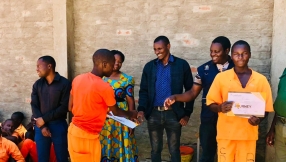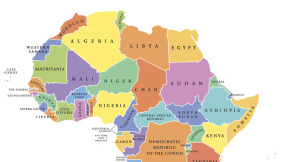Investigation Panel: South Korean Scientists Faked Stem Cell Papers
The panel concluded that the team did produce the world’s first cloned dog, but deliberately fabricated data in papers produced by the team led by now disgraced scientist Hwang Woo-suk, reports Reuters.
Many South Koreans remain shocked and shamed by the case, described by the panel as scandalous, whilst medical researchers are calling the escapade one of the biggest cases of scientific fraud in recent history.
“These individuals cannot be regarded to represent science in Korea,” said the panel in an English-language statement.
Hwang, who has remained in seclusion since his resignation from Seoul National University in December 2005, continues to maintain that his findings are genuine, saying they were South Korean technology and that they would be proved.
The two papers at the centre of the scandal were a report on producing the first cloned human embryos for research and a 2005 paper on producing the first embryonic tailored stem cells, both of which were published in the U.S. periodical Science.
|QUOTE|“Hwang's team did not have the data for the stem cell lines in the 2004 paper, but fabricated it," Chung Myung-hee, the head of the panel, told reporters.
Chung reiterated an interim report in late December 2005 that found that there was no data to prove the claims of the May 2005 paper that Hwang and his team had produced tailored stem cells.
That paper had met with great interest because the findings gave the hope that embryonic stem cells could one day be used to create genetically-specific tissue to treat ailments such as severe spinal cord injuries and Parkinson’s disease.
|AD|"We concluded that Professor Hwang's team did not have patient-specific stem cell lines and did not have any scientific basis that the team made them," the panel said.
The panel did find, however, that DNA analysis proved the claim made by the team last year that it had produced the world’s first cloned dog, an Afghan hound named Snuppy, short for Seoul National University puppy.
Prosecutors said they may start a criminal probe into Hwang on suspicion that he misused state funds based on the findings of the panel’s report.
Although the panel’s report did not publicise any findings on who may have been responsible for the fabrication, the panel said the false claims in the May 2005 paper undermined the principles of science and Hwang must carry much of the blame.













